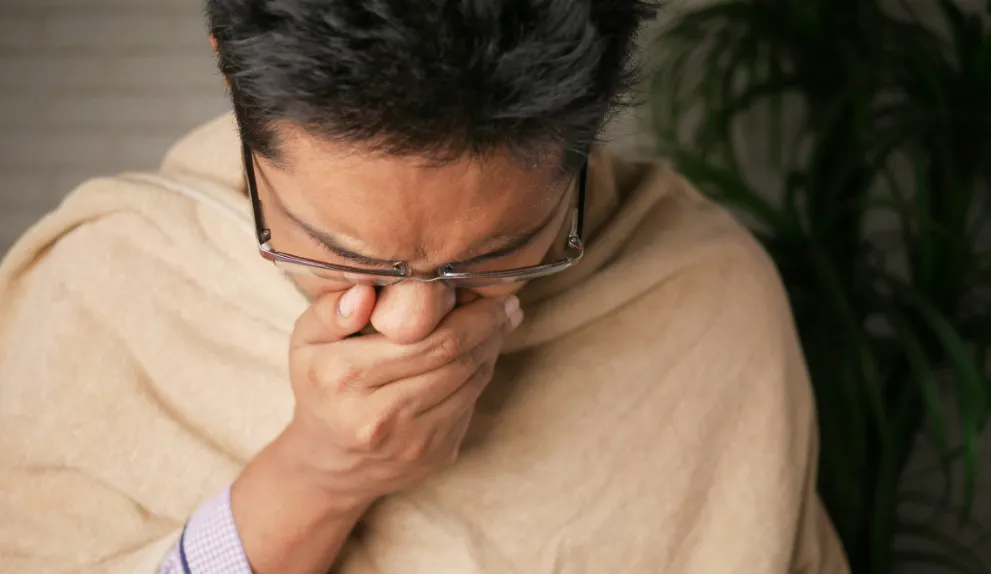Irritable bowel syndrome (IBS) is the most commonly diagnosed gastrointestinal disorder. While the exact cause is unknown, it is believed to be related to miscommunications between the areas of the brain that control the gastrointestinal tract and the nerves of the bowel.
Symptoms of IBS
IBS causes gas, bloating, and painful cramping in the gut. Sufferers may also have problems with constipation or diarrhea, sometimes both. Regardless of the consistency of their stool, those who have IBS also frequently pass clear or white mucus with their bowel movements. People with IBS often also have problems with the sensations that tell them it is time to pass a bowel movement. For some, there is a sudden uncontrollable urgency with no warning. For others, they may have the sensation that they have to go but there is nothing to pass or they cannot completely empty their bowels.
You should remember that even those with healthy guts can suffer occasional bouts of gastrointestinal dysfunction, including gas, bloating, diarrhea, and constipation. A diagnosis of IBS is only considered if the symptoms are experienced on a regular basis, over an extended period of time.
While diet can certainly affect your bowel movements, and diet changes may help alleviate the milder symptoms of IBS, there does not seem to be a direct connection between a person's diet and the onset of symptoms.
Treatments for IBS
Once diagnosed, it is likely that the first thing your gastroenterologist will suggest is changes to your diet and perhaps your exercise routine. If this does not fix the problems, the next step would be to prescribe medications. These may include:
- Laxatives like Generlac
- Antidiarrheals like Lomotil
- Anticholinergic medications like Bentyl – these work to ease spasms of the muscles of the bowel
- Antidepressants like amitriptyline – these seem to help the brain and the bowels communicate better
- Pain medications like gabapentin
There are also some prescriptions that are designed to treat IBS specifically. These include:
- Lotronex (Alosetron) - this medication relaxes the muscles of the colon and slows the passage of waste through it. This is a trial medication and as of yet, has only been approved for use in women.
- Viberzi (Eluxadoline) - this medication reduces muscle contractions and fluid secretion on the bowel
- Xifaxan (Rifaximin) - is an antibiotic that slows the growth of bacteria in the gut. An overabundance of this bacteria is considered a contributing factor for IBS.
- Amitiza (Lubiprostone) - this is usually only prescribed for severe symptoms of IBS that haven’t been eased by other types of medications. It works by increasing the secretion of fluids in the bowel.
Affording Your IBS Medications
None of the above-listed medications will help to alleviate your IBS symptoms if you cannot afford to purchase them. Thankfully, rxless can help you with that.
RxLess works with many of the national pharmacies, including Rite Aid, CVS, and Walgreens, as well as the pharmacies you will find in many grocery and department stores, to find your prescription savings.
All you need to do is go to RxLess.com and search for your Rx. You will be given a list of local pharmacists who accept their discount card and they will show you the discounted price you will pay at each.
















